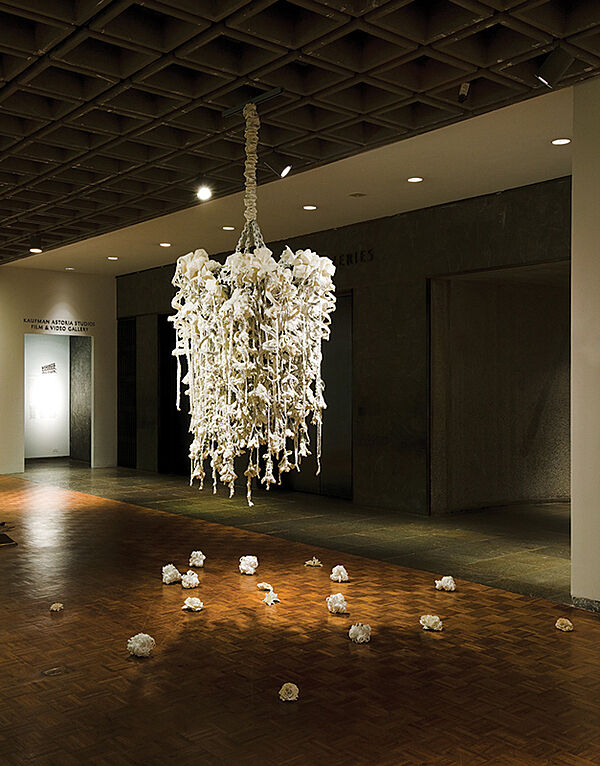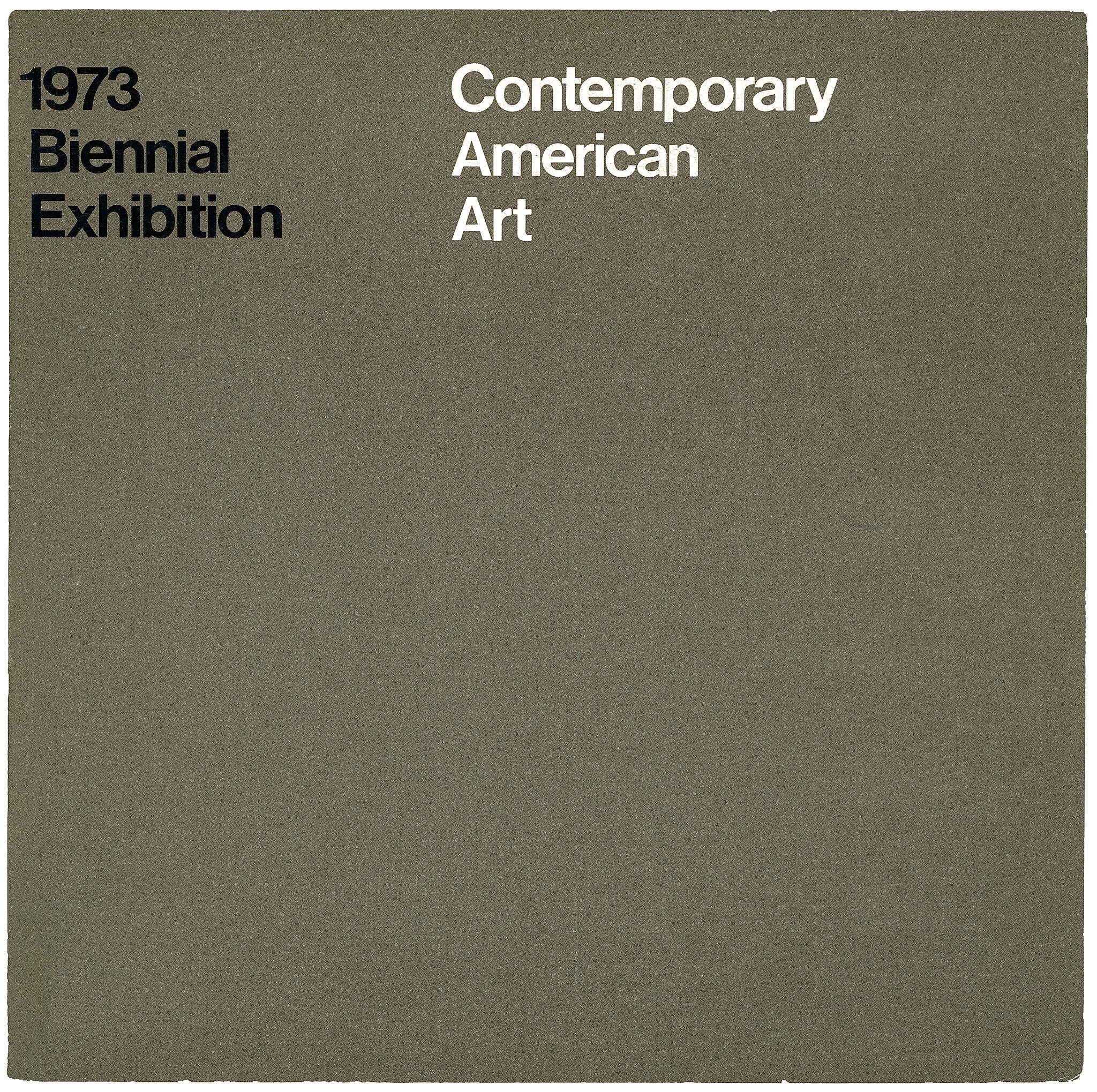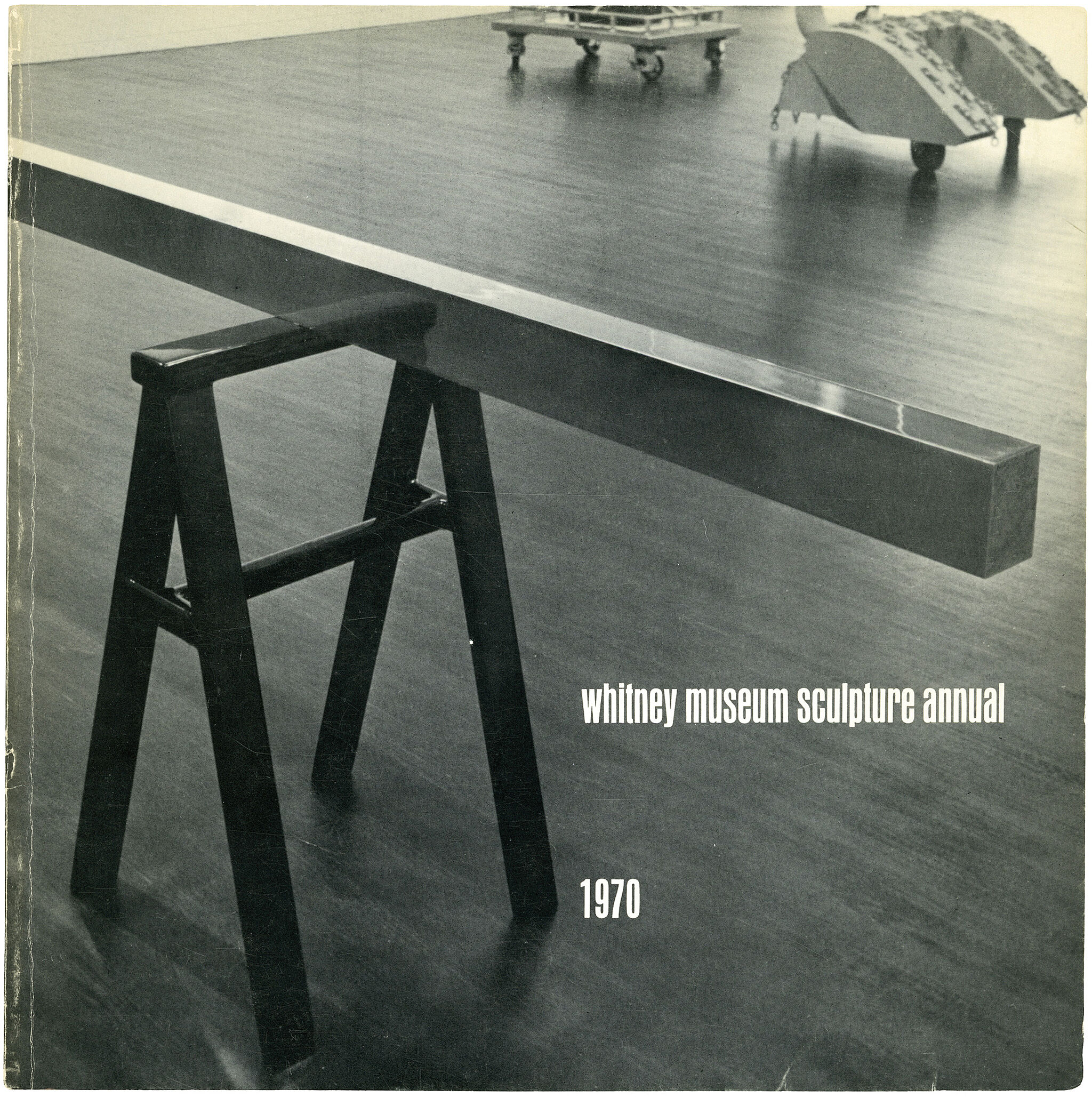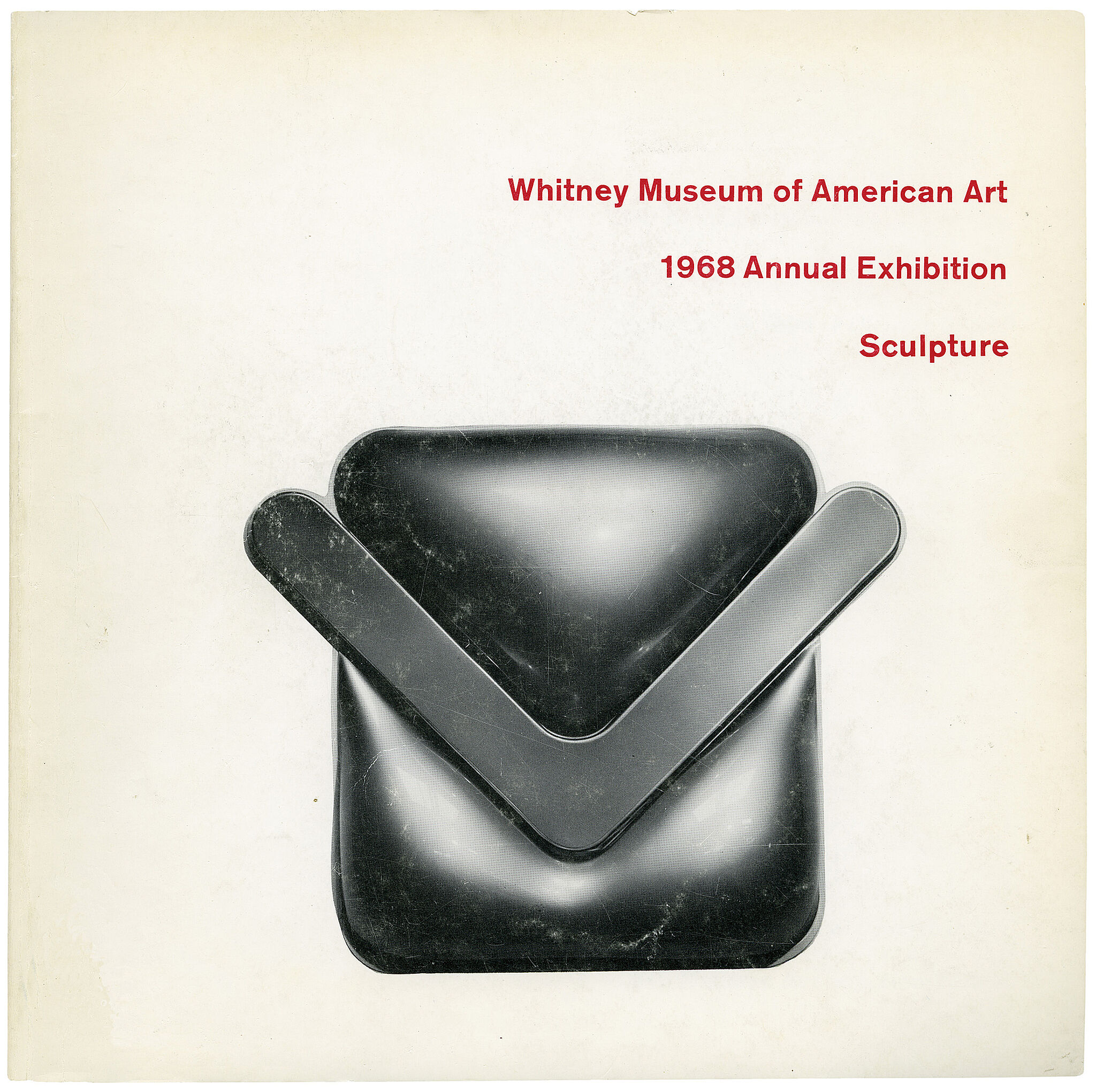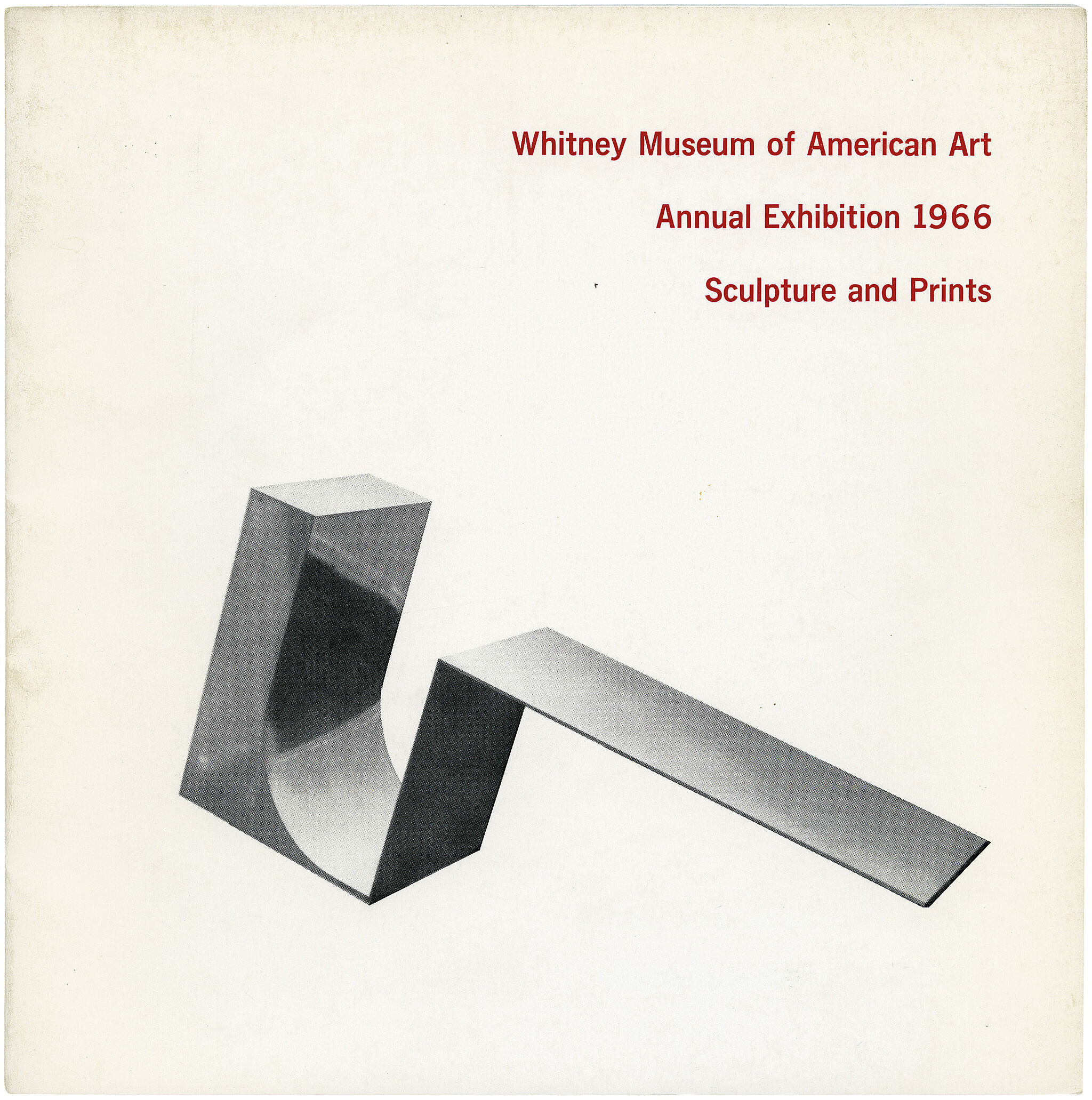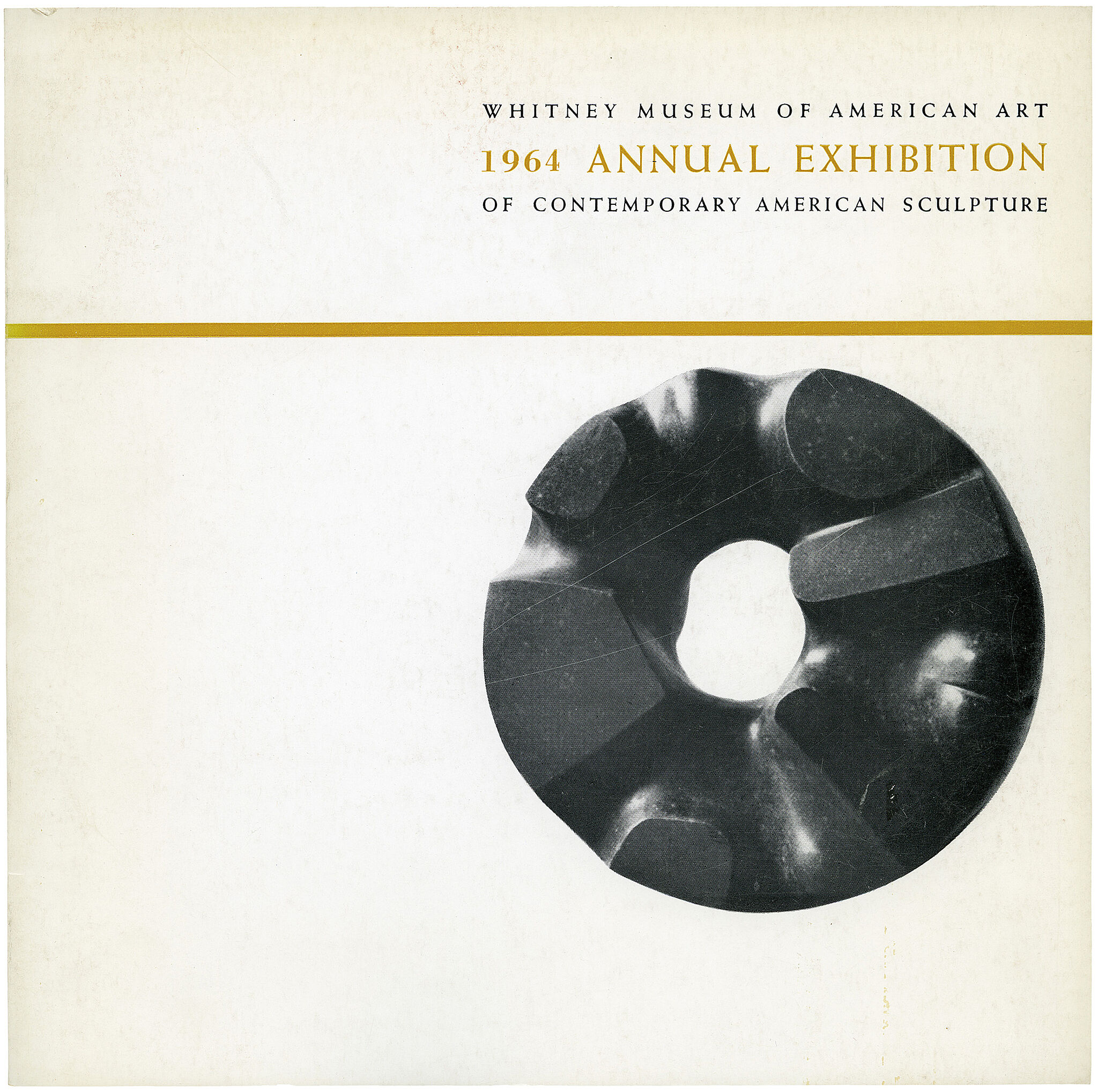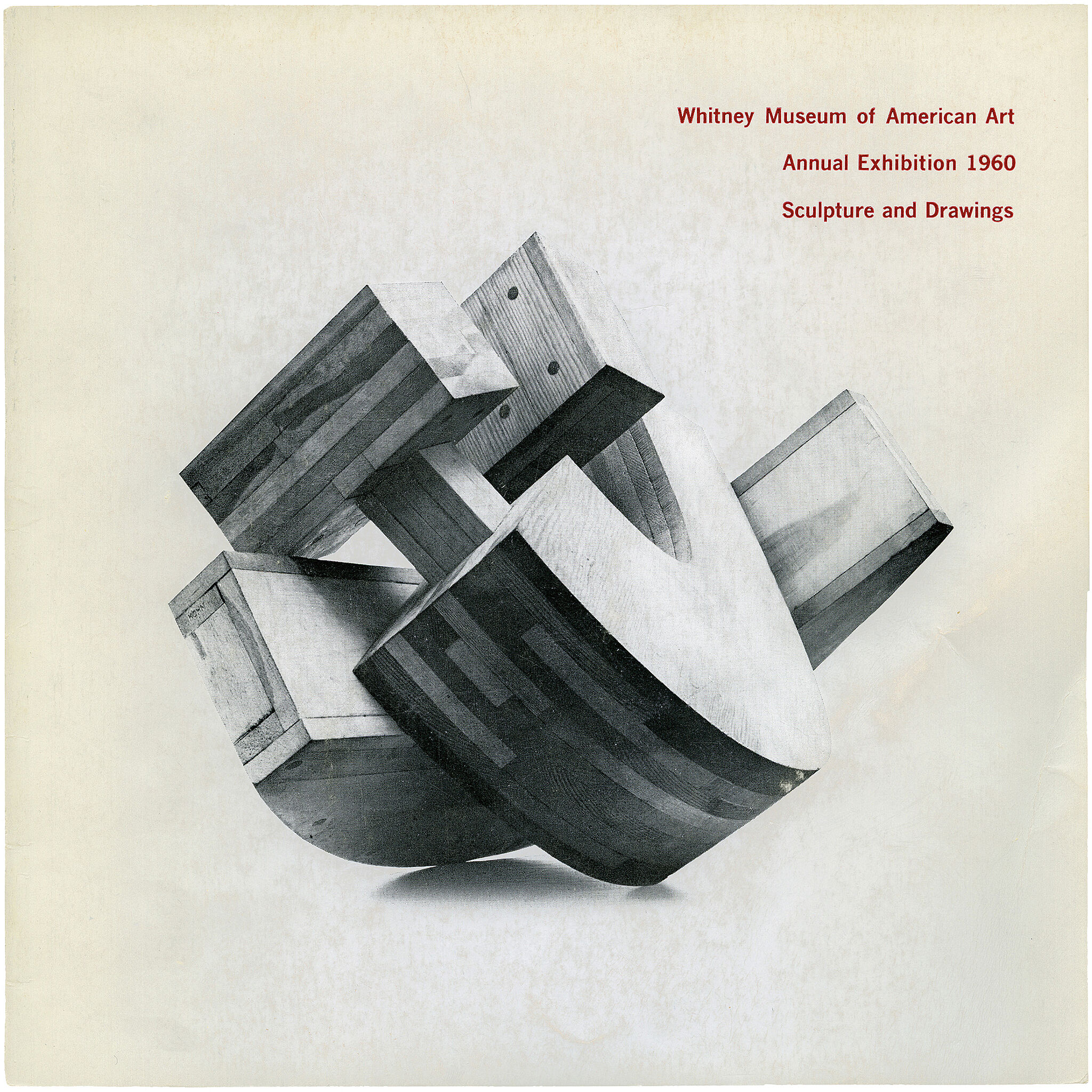George Sugarman
1912–1999
Introduction
George Sugarman (11 May 1912 – 25 August 1999) was an American artist working in the mediums of drawing, painting, and sculpture. He pioneered the concepts of pedestal-free sculpture and is best known for his large-scale, vividly painted metal sculptures. His innovative approach to art-making lent his work a fresh, experimental approach and caused him to continually expand his creative focus. During his lifetime, he was dedicated to the well-being of young emerging artists, particularly those who embraced innovation and risk-taking in their work. In his will, Sugarman provided for the establishment of The George Sugarman Foundation, Inc.
Wikidata identifier
Q1920946
Information from Wikipedia, made available under the Creative Commons Attribution-ShareAlike License . Accessed February 27, 2026.
Introduction
Sugarman's large-scale, colored sculptures were initially made of painted wood and then of painted aluminum; his work is shown nationally and internationally.
Roles
Artist, painter, sculptor
ULAN identifier
500016027
Names
George Sugarman
Information from the Getty Research Institute's Union List of Artist Names ® (ULAN), made available under the ODC Attribution License. Accessed February 27, 2026.

